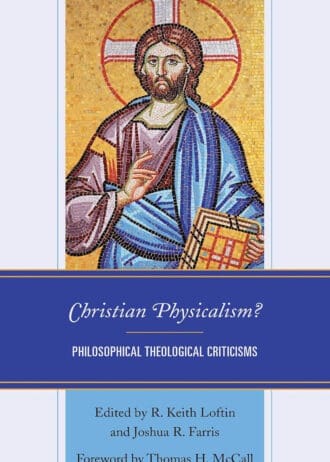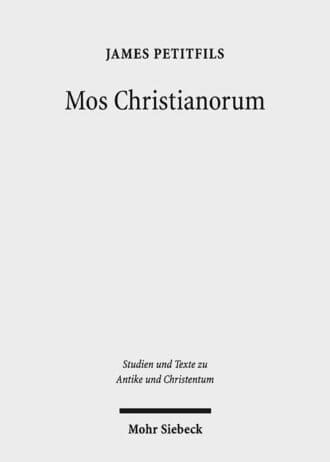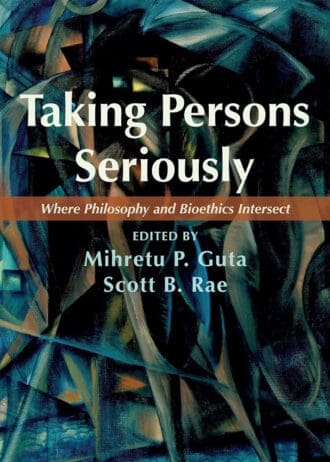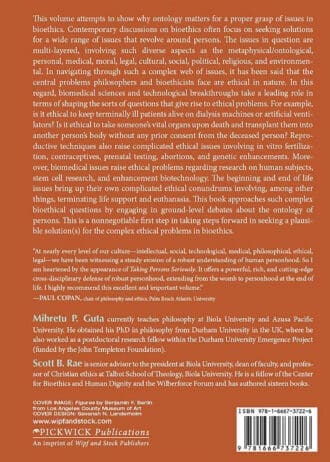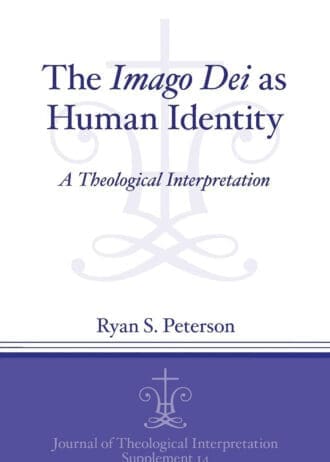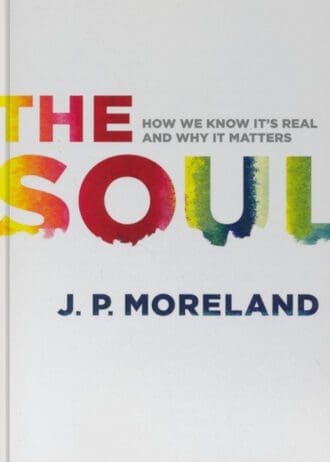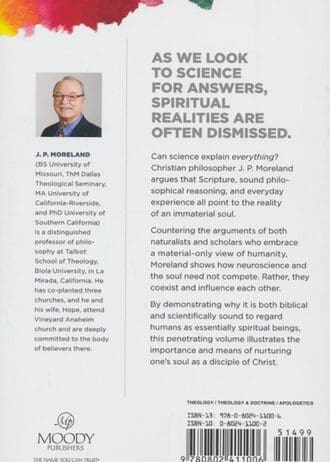Christian Physicalism?: Philosophical Theological Criticisms
On the heels of the advance since the twentieth-century of wholly physicalist accounts of human persons, the influence of materialist ontology is increasingly evident in Christian theologizing. To date, the contemporary literature has tended to focus on anthropological issues (e.g., whether the traditional soul / body distinction is viable), with occasional articles treating physicalist accounts of such doctrines as the Incarnation and Resurrection of Jesus cropping up, as well. Interestingly, the literature to date, both for and against this influence, is dominated by philosophers. The present volume is a collection of philosophers and theologians who advance several novel criticisms of this growing trend toward physicalism in Christian theology. The present collection definitively shows that Christian physicalism has some significant philosophical and theological problems. No doubt all philosophical anthropologies have their challenges, but the present volume shows that Christian physicalism is most likely not an adequate accounting for essential theological topics within Christian theism. Christians, then, should consider alternative anthropologies.

